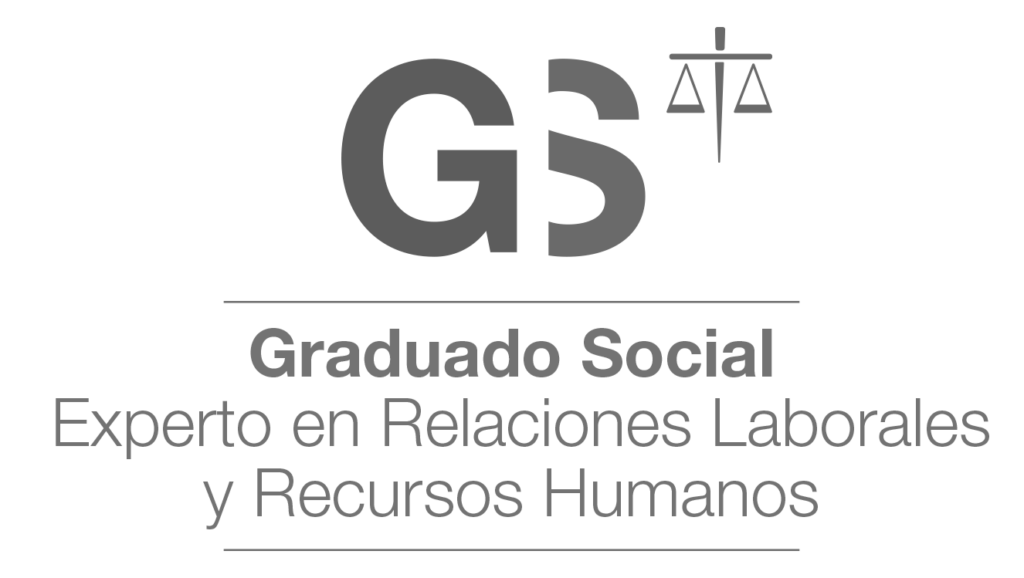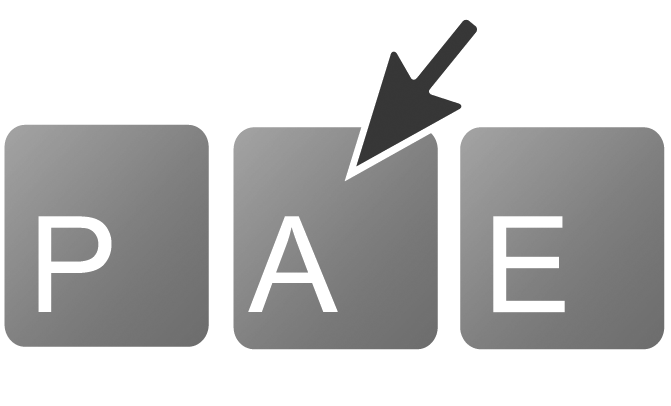Services
Mediation
If you are interested in Mediation, contact us for more information
What is mediation?
Mediation is a process of negotiation by which the parties involved in a conflict try to resolve a dispute for themselves with the aim of finding the most beneficial solutions for both parties, with the help of an impartial third party, the mediator, who acts without decision-making powers.
Mediation is voluntary and nobody can be obliged to continue participating in a mediation process nor to reach an agreement. A particular characteristic of mediation is that the process can be abandoned at any moment, but that if it goes ahead the parts in the conflict themselves agree on the solution to the conflict with the assistance of the mediator. In the event of the procedure being abandoned and the conflict continues, the only solution is to make recourse to the courts.
What can mediation be used for?
Mediation can take place for family, separation and divorce, legacies and inheritance, and family business matters. Mediation is also available for labour, civil, mercantile, community, school, and residents’ association questions.
Principles of mediation
Voluntary and discretionary.
- Mediation is always voluntary; nobody can be forced to participate in it.
Equality of the parties and the impartiality of the mediator.
- In the mediation processes, the parties have equal opportunity. Furthermore, the mediator has to maintain a balanced position between the parties that does not favour one party and harm the other.
Neutrality.
- The mediator facilitates communication and assists the different parties to reach an agreement that the parties themselves must achieve. In certain cases, external legal advice will be made available.
Confidentiality.
- The declarations and documentation brought to the mediation process are confidential. Neither the parties involved nor the mediator are able to reveal the information brought to the mediation process.
Advantages of mediation
It is faster.
- The parties involved in the process set the terms. The participation of a judge is not required and long and exhausting judicial procedures with uncertain outcomes are avoided.
It is cheaper.
- The payment of court, lawyer’s and procurator’s fees is avoided.
Recourse to arbitration and trial is not impeded.
- If an agreement is not achieved through mediation, the parties recover the right to initiate any other type of defence of their position. Nothing is lost.
Professional secrecy is maintained.
- The mediator is obliged to protect all of the information that the parties involved decide to share during the process.
Everybody wins.
- In mediation processes, all parties win when an agreement is reached, and the result is more satisfactory. In judicial processes one part wins and the other loses and, as no agreement is reached, the conflict remains unresolved.
How to request mediation services
Before looking for a solution through the courts, ask for mediation services for the resolution of family, labour, commercial, and civil disputes. Valero Tax Legal has professionals in mediation who are able to manage these types of disputes and facilitate communication between the different parties.
Our advisory and management services
Legal Services
See more
Service Outsourcing Process
See more
Mediation
See more
Kit Digital
See more
The English Club
See more
Beckham law
See more





